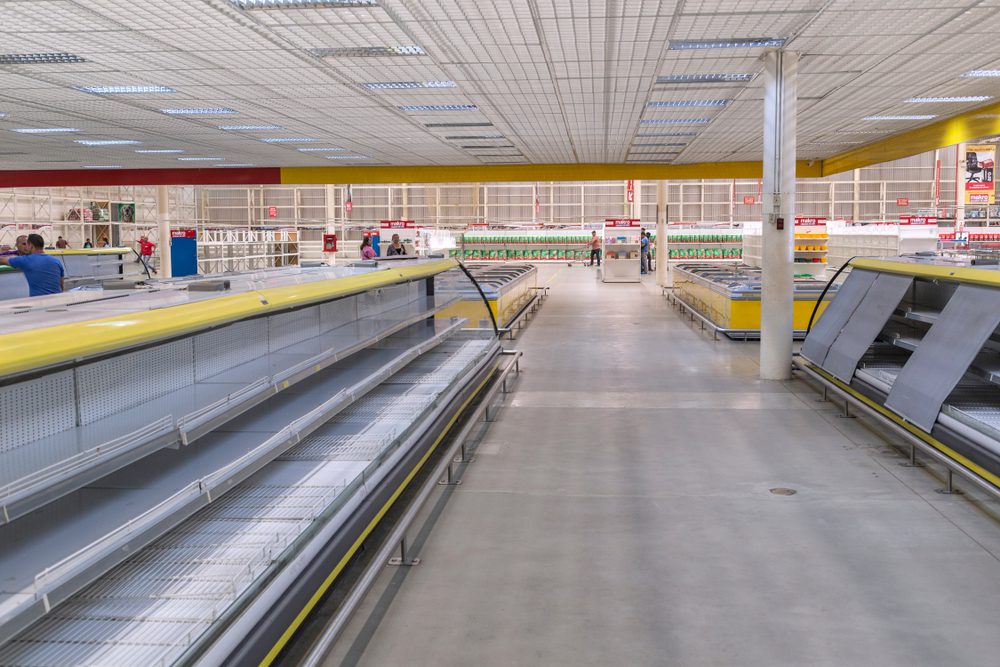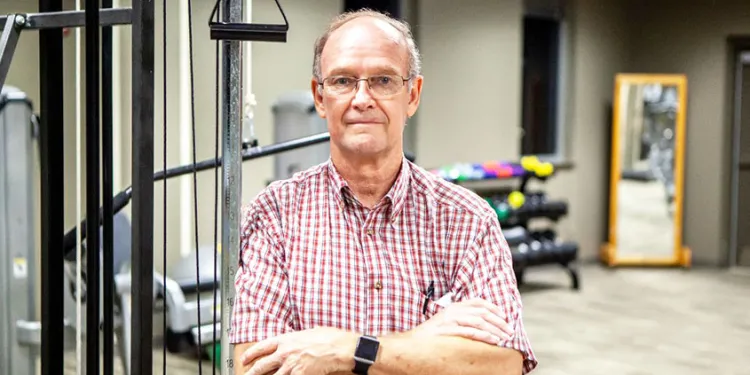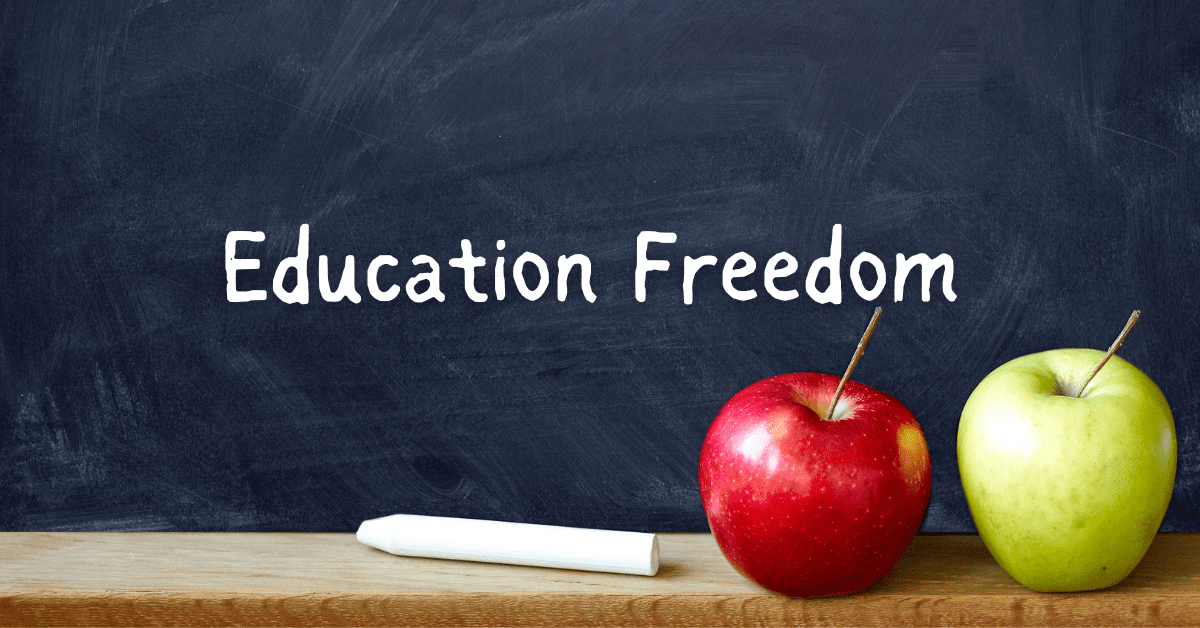
- Several years ago, I invented “Uncle Earl” as a way to explain how “nerdy economics” translate to the real world. With the Harris campaign proposing price controls as an answer to inflation, I thought I’d dust Earl off for a lesson.
Ever the entrepreneur, Uncle Earl opened up a grocery store. Uncle Earl’s Food Emporium stocked the finest Kraft Mac-N-Cheese for miles around.
At the start of the COVID pandemic, there was a run on toilet paper at the Emporium and all over town.
Earl remembered something he’d read in an economics class during his one semester at Itawamba Community College:
The price of something is based on how much of that something there is (supply) and how much people wanted it (demand).
His textbook even called it a “law,” so it had to be right.
Earl just knew that at current prices, the Charmin was flying off the shelf like poop through a goose.
Seeing dwindling supply and high demand, Earl raised the price.
Earl recalled, again, from his textbook that this situation was called “inflation” — the natural reaction to when demand for something outpaces how fast it can be made.
Earl was beginning to feel like he’d deserved better than the D he got in class.
Not everyone was happy with his decision to raise prices. Some in town called it “price gouging.” How could Earl be so insensitive at a time like this? There were heinies to be wiped with supple two-ply.
But Earl’s call to raise the price ultimately meant that people only bought what they truly needed. As a result, he kept toilet paper in stock when others couldn’t.
Earl even began to wonder if such a thing as “price gouging” could exist in a competitive market. Seemed like maybe there was only the price people were willing to pay before they started considering alternatives. After all, no one was forcing anyone to buy from him.
As COVID stretched on, the supply of lots of other things Earl sold to customers was restricted. Factories shut down. Workforces were reduced. Supply chains were disrupted. Government payments to workers made it harder for companies to find them or to get them to return to work.
But demand did not fall. In fact, the trillions of dollars pumped into the economy only increased demand. People had wads of cash and nowhere to spend it.
“Oi vey,” said Earl, with the voice of Milton Friedman ringing in his head. Suddenly it cost $3 more a pound to get ground beef in his meat cooler.
Earl, who operated on the grocery industry average of a 1-3% profit margin, couldn’t afford to eat the extra cost. He had no choice but to raise his prices to cover it.
News of Uncle Earl’s price increases reached the vaunted halls of Washington, D.C. Crowds gathered at the White House demanding answers. While the President ate pudding and played gin rummy, his successor stepped forward with a simple message: “The cause of this is simple. Earl’s a greedy bastard,” she explained.
Earl was a little hurt. His parents were definitely married.
Media cronies quickly pumped out stories to demonstrate Earl’s excesses. Video footage of Earl vacationing at the Flora-Bama circulated on social media. It was even rumored he owned Exxon stock. #ClimateDenier
But the newly crowned candidate had a simple solution: She was going to tell Earl what he could charge. She held up a can of chicken noodle soup and said, “Earl is charging $3 for this soup. No American should ever pay more than $2 a can.”
The crowd cheered wildly. “Take that Earl!” “No one should go without soup in the wealthiest nation on the planet, Earl!,” lamented one woman doing a livestream on her iPhone 15. The ring light attachment she used really captured the anguish in her eyes. #BratGirlSummer
But neither the candidate nor the crowd had any idea how much it cost to mine or transport the metal used to make the soup can. They did not know the grain cost used to feed the chickens, nor the cost of slaughtering and packaging the birds. Heck, they didn’t even know that the flour that produced the noodles in the soup came from Ukraine, where a war had impacted the harvest.
They just wanted $2 chicken noodle soup. A tweet went viral that read “inflation’s down Earl, why aren’t your prices?” Earl thought about the weight he’d gained over the last year. In November, he’d gained 9 pounds. In December 5. In January, 3. And every month since, a pound. The rate that Earl was gaining weight went “down,” but he was still 23 pounds fatter than he had been last October. Inflation is the measure of how fast prices are going up. It being “down,” still means prices are rising.
In short order after the price controls took effect, Earl’s shelves were empty. $2 chicken noodle soup was too good of a deal to pass up. For a while, Earl tried limiting how much customers could buy to make sure his shelves could stay stocked. This wasn’t good for customers like Old Lady Agnes, who traveled an hour into town to get groceries once a month for her twelve hungry boys and her Great Dane, Mr. Ed. And the truth was that Earl was losing money on every can he sold.
Earl finally said “to hell with this” and closed shop. He got out his old economics textbook and began reading about Soviet bread lines.
The Moral of the Story
Price controls ignore market forces and lead to constraints on supply. Supply constraints lead to rationing. Rationing leads to bread lines. Bureaucrats in Washington D.C. cannot possibly be smarter than millions of consumers making decisions where they live and work.
If Americans want lower prices, we need to reduce restraints on production and free trade and adopt better monetary policy that doesn’t devalue our currency (e.g. stop printing what we don’t have). If Americans want someone to blame, it’s not Earl. It’s the politicians blaming Earl.









